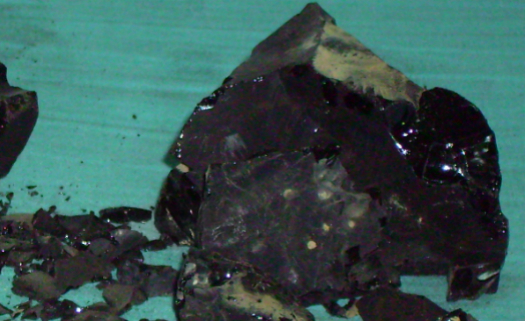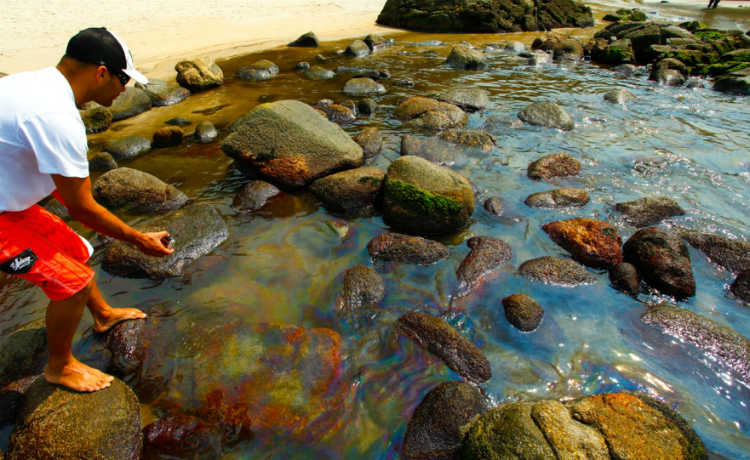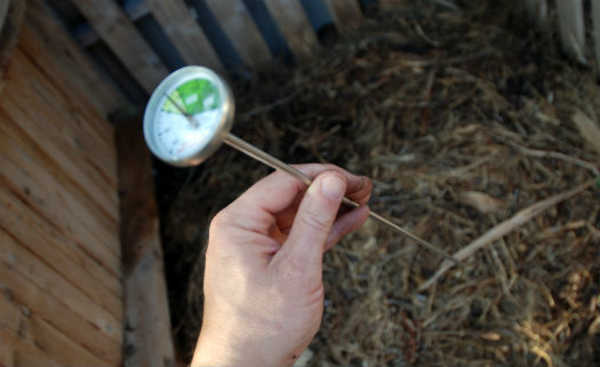Oil sand: a solution for oil companies, a problem for the environment
Exploration releases heavy metals and greenhouse gases

When it comes to energy, perspectives point to the path of clean energy, with renewable sources. But the big oil companies still insist on focusing their attention on the search for techniques and new oil wells around the world.
The ball of choice is bituminous sand, or simply bitumen, a more viscous, heavier and semi-solid version of oil. With the decrease of the planet's oil reserves, the extraction of oil from bitumen has become a viable option due to its great availability.
Exploration
The process of extracting the oil present in tar sands is extremely complex and causes much more damage to the environment than the techniques used in traditional wells.
At first, any type of vegetation is devastated for the creation of extraction mines. Then the wells are dug.
To extract the oil, hot steam is injected into the deposits, causing the sand and oil to separate and making it possible to pump it to the surface. This was an impossible process with bitumen in the solid state.
When the oil sand reserves are located close to the surface, the open pit mining technique is used. Next, a process similar to the one detailed above begins, with the replacement of hot water in place of steam.
Environmental impacts
The first problem caused by this type of activity is the contribution to global warming. Carbon emissions from activities related to bitumen exploration are 12% higher compared to traditional wells.
Added to this is the clearing of vegetation where tar sand reserves are found, including forests, as in Canada.
Water and soil contamination are also related to this process. A survey conducted by Queen’s University points out that water pollution by polycyclic aromatic hydrocarbons (PAHs) has increased 23-fold since the 1960s, when exploration began.
In addition to the problem of PAHs, there is heavy metal contamination. Lead, cobalt, mercury, cadmium, copper, cobalt, arsenic and zinc (see more here on heavy metal damage) are commonly found in sand which, together with petroleum, form bitumen. These substances are also commonly found in soil and water bodies located near mines.
See below a video produced by Greenpeace that describes what tar sands are, the so-called "tar sands" and how they are extracted in Canada and their effects:
thinking about alternatives
To avoid the use of fuel, prefer public transport, especially if they are powered by renewable and clean energies, such as the subway and train. When using a car or motorcycle, fill with alcohol.
For short distances, why not a walk or a bike ride? These choices minimize the need for irrational extraction of oil sand and oil for fuel.










